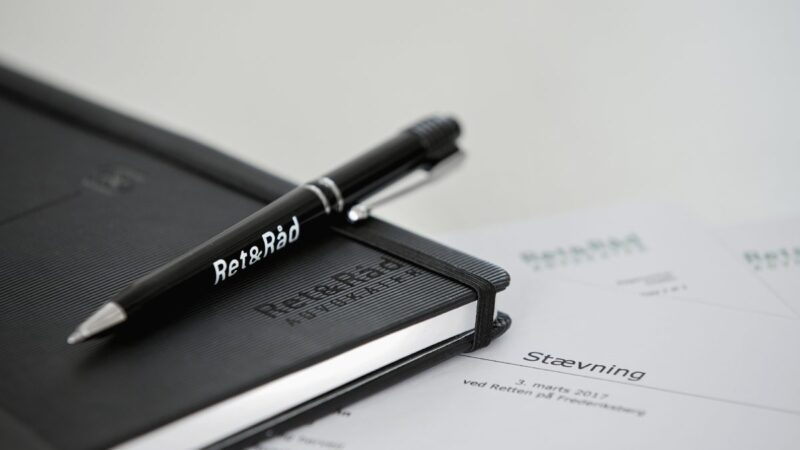Advokat i Ballerup
Ret&Råd Ballerup er en del af Ret&Råd Glostrup-Ballerup ApS.
Se også Ret&Råd Glostrups hjemmeside.
Telefonisk henvendelse:
Telefon: +45 77 34 26 00
Mandag-Torsdag: 09:00-16:30
Fredag: 09:00-16:00
Forsikringsinformation:
Kontoret har ansvarsforsikring i HDI Danmark via Söderberg & Partners, Amaliegade 3-5, 1. Sal, 1256 København. Policenr. 156-76826515-30019.
Bankinformation:
Kontoret har klientbankkonto i Danske Bank: Reg.nr. 3409 og kontonr. 3412536258.






